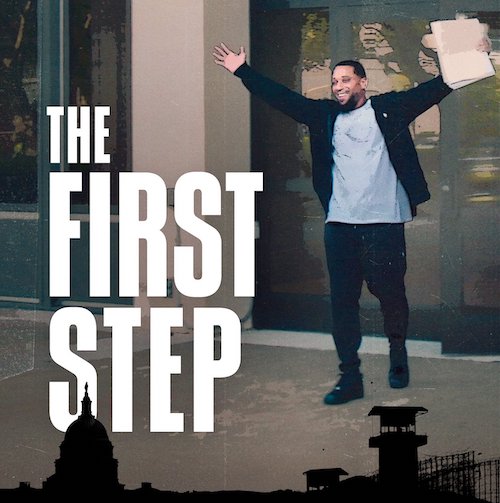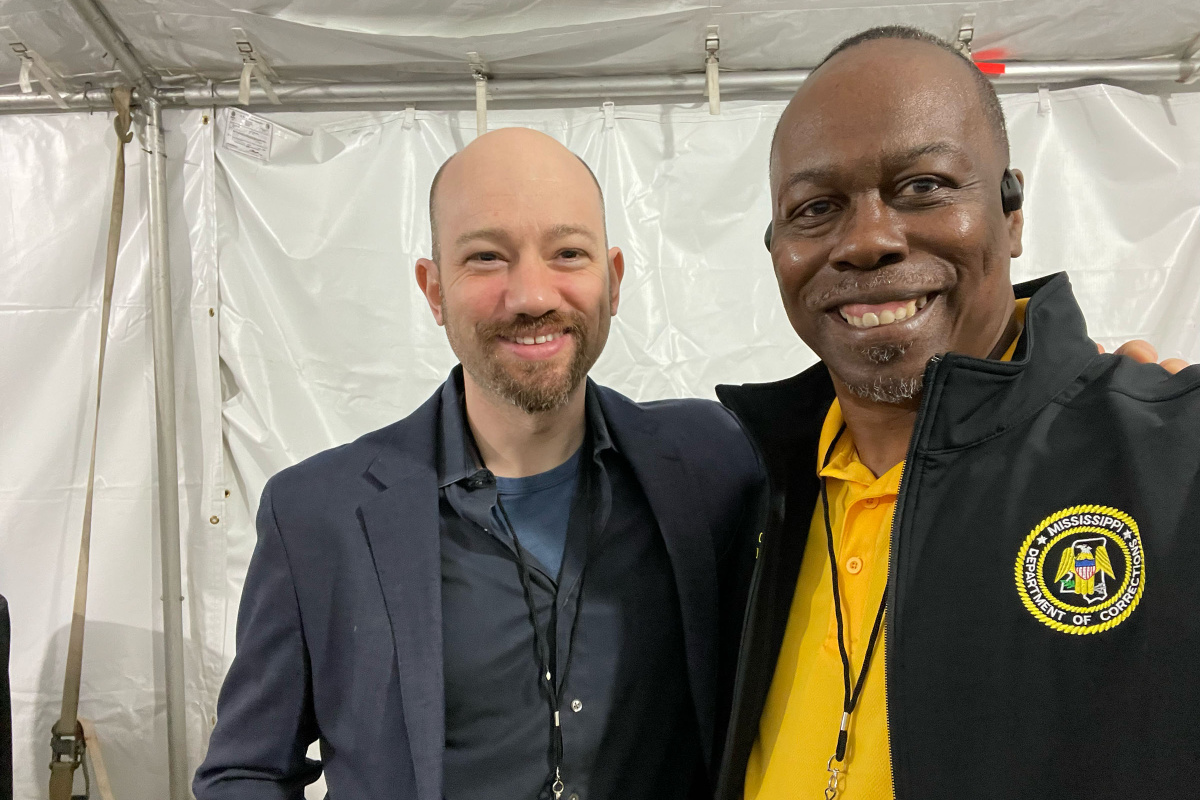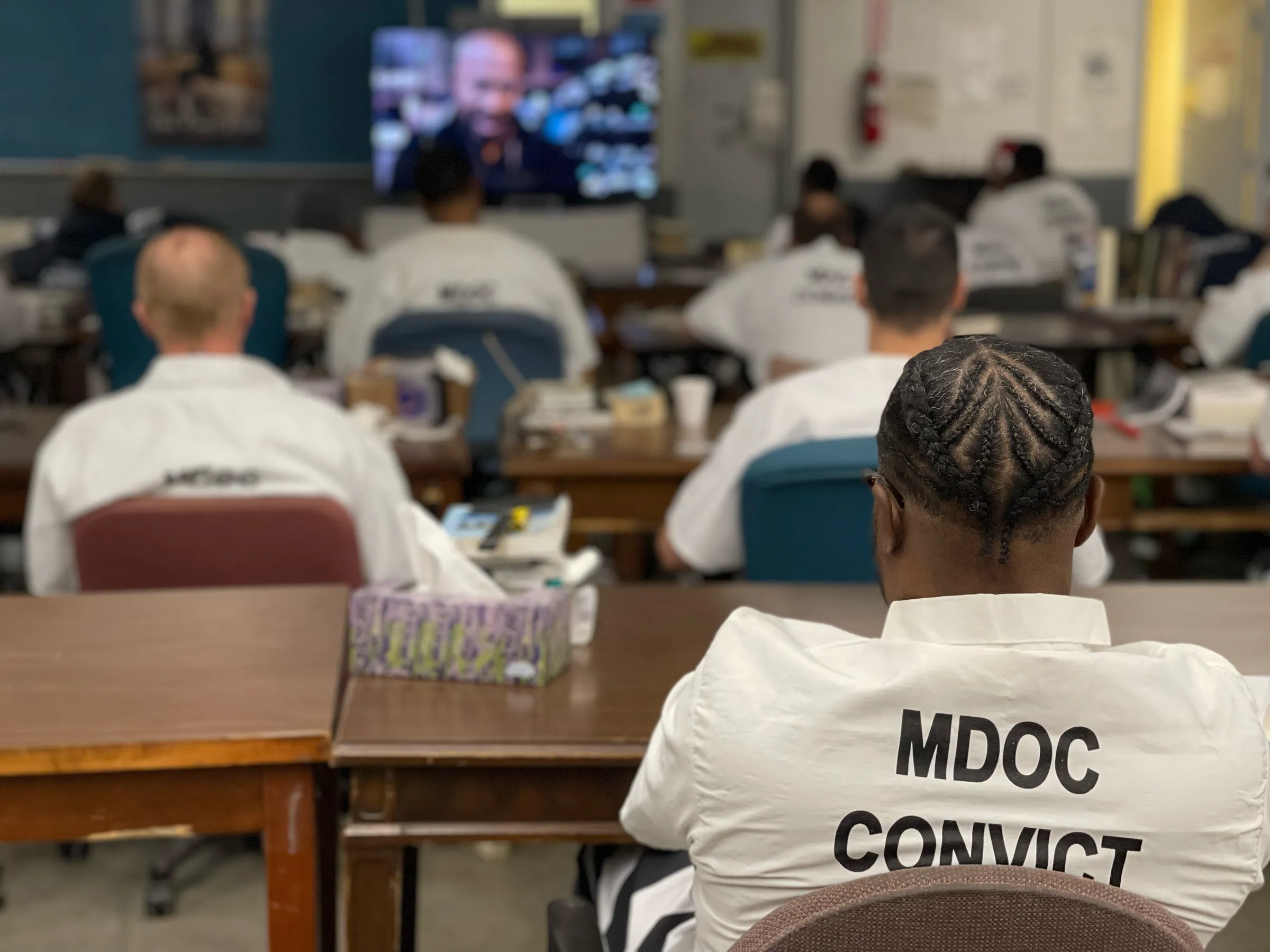Maurice Clifton Sr. has spent the last several decades on a distinctly American odyssey.
In the 90s, at age 31, Clifton became a victim of the war on drugs after a judge sentenced him 20 years for $2,500 wire fraud, and to 33 years for aiding and abetting the sale of 6.5 grams of crack cocaine.
At the time, someone arrested for a powder cocaine offense would have needed 1.5 pounds of the substance to receive the same sentence.
As with so many other Black men in the 80s and 90s, that racist inequality shaped the trajectory of Clifton’s next 20 years. Bouncing around federal prisons, he endured profound loss, including the death of his wife and son. Despite these difficulties, inside prison Clifton maintained a life of discipline, hardwork and eventually faith. He secured a job at Federal Prisons Industries Inc., the production company owned by the Federal Bureau of Prisons, and rose the ranks, quickly mastering the company’s SAP manufacturing system. He enrolled in dozens of classes on a wide range of subjects, including advanced microcomputers, sewing, leadership and aerobics. And all the while he kept an eye on, and stayed engaged in, the politics of U.S. criminal justice reform.

No policy was more important to Clifton than the 2018 First Step Act. The law, signed by President Donald J. Trump, ushered in some of the most substantial changes in decades to the federal prison system. Among them were retroactive modifications to mandatory minimum sentences for nonviolent drug offenders. After more than 20 years in federal prisons, it was the First Step Act that set Clifton free—along with thousands of others.
Brothers Lance and Brandon Kramer released a new documentary to tell the story of its passage and the unlikely coalition that made it happen. “The First Step,” which made its national debut on Amazon Prime in April, follows CNN political commentator Van Jones on his crusade alongside both post-Obama Democrats and Trump-era Republicans to get the bill passed. It is a story about the nuts and bolts of policymaking, bipartisanship in a time of extreme polarization, and the moral stakes involved with working with one of the most divisive presidents in U.S. history.
Clifton, now a chaplain with the Mississippi Department of Corrections, has seen the film several times, and even screened it inside Mississippi State Penitentiary, also known as Parchman Farm. He shared his story about that experience, his time advocating for the bill inside and what it takes to get laws passed. His comments have been edited for length and clarity.
We Must Pour Concrete in the Gulf and Walk Across
After I got out, I ended up getting invited to Washington D.C. to be part of the Day of Empathy, an event organized by the group then known as #cut50. That’s where I met Lance [Kramer], who told me about his film. He said it was about how the First Step Act came to pass.
Later on, he sent me the film ahead of its screening at a festival in Oxford, Miss., where he’d invited me to speak about my experience.
I thought the film was well constructed. It gave me insight into how much trouble they had getting the bill passed. It made me see how clueless people were about the criminal justice system, and the fact that people are still being incarcerated for a law that the courts have deemed unconstitutional. And it made me understand how the party lines work—man, so divided and so sick with hatred. It was a struggle watching it.

It was also an emotional experience for me because at the same time [they were filming], I was doing my own advocacy work inside. I was sending out letters to get people to vote on and to pass this thing. I was on the inside doing the stuff that they were doing on the ground outside. At my [prison] job … I was making copies [of letters], sneaking them out, getting 10 people to send them to this person and that person. There were dudes who were buying stamps and putting them on envelopes with addresses already.
Before the Oxford screening, I’d pitched Lance on showing the film at Parchman, a men’s maximum security prison in the Mississippi Delta. As a gift to the guys incarcerated there, I created a ballot system for them to judge the film, just like they had at the film festival. We did the screening in the seminary, with the seminary students, probably about 50 of them. They loved it.
The guys were glad to see the documentary. Many of them hadn’t been exposed to anything from the outside like that before, especially anything about how laws and policies are made. That opened their eyes up to laws and policy on a federal level. But I wanted them to understand that the same thing goes on at the state level. So I encouraged them to be more diligent in reaching out to their congress people, and to be more diligent about getting their families engaged. People who don’t have anybody incarcerated have no clue what goes on—and they don’t care about what goes into laws or anything that affects people who are incarcerated. If you’re not immediately affected by incarceration, you have no idea.
More than anything, I think it opened their eyes to the fact that they have hope. They want to find out how this same grassroots campaign to change the law could work for them. A lot of them have since written to their congress people. They’ve been active. And word has spread about the film. Now I hear people from other prisons asking, “When are you gonna do ‘The First Step’ down here?”
I wish I could show it at least 10 times a year to introduce people to the struggle that goes on. Watching the film, I had a whole new respect for Van Jones and what he went through, the dehumanizing things that people said.

I think you have to work with sinister people to get things done. Van received a lot of heat for working with Trump, and I get it. But no disrespect to Obama: He had a chance to sign my clemency. It stayed pending up until his last day—a lot of guys got theirs on the last day, and they went home. He left me in there. I wasn’t bitter. My motto has been, “Everything on God’s time.”
Do I think the sinister politicians should be validated or legitimized? If it had not been for the legitimacy of Trump, then Van couldn’t have got done what he got done. Crystal Munoz would still be in prison. I’m not saying that the things they believe in are all right, but that’s their opinion. These groups are so polarized, the divide is so wide, that we can’t come together and do what Van did. But he was able to pour concrete in that gulf and walk across.
He had the courage to stand in fire and be purified through the releasing of thousands of men and women who were unjustly incarcerated. He was in a whirlwind on both sides. If he chose to run away from the situation, I would still be in prison. A lot of people would still be in prison. That’s just the truth of it, man.
This article first appeared on Prison Journalism Project and is republished here under a Creative Commons license.![]()
This MFP Voices essay does not necessarily represent the views of the Mississippi Journalism and Education Group, the Mississippi Free Press, its staff or board members. To submit an opinion for the MFP Voices section, send up to 1,200 words and sources fact-checking the included information to [email protected]. We welcome a wide variety of viewpoints.
This post was originally published on this site be sure to check out more of their content.






